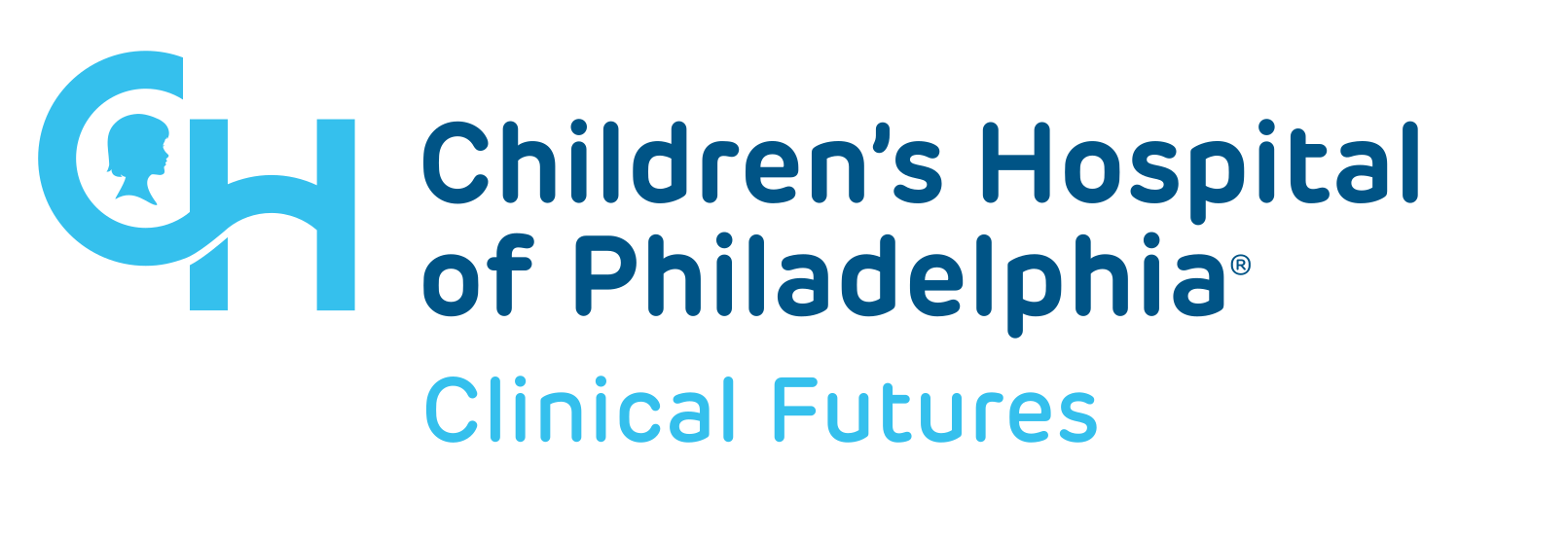Research In Practice Blog
Breadcrumb

Postpartum Care in the Neonatal intensive Care Unit (PeliCaN) - a Randomized Controlled Trial
Maternal health in the United States continues to be a significant public health crisis, with two significant factors contributing to postpartum morbidity and mortality—cardiovascular issues and mental health conditions— more prevalent among neonatal intensive care unit (NICU) parents. This crisis is also characterized by stark racial disparities, with Black individuals more than twice as likely to die or experience severe maternal morbidity (SMM) compared to White individuals. Many of these deaths could potentially be avoided, as one in three individuals does not receive routine care in the year following childbirth. Additionally, postpartum patients with infants NICU have higher rates of hypertension, postpartum depression, and posttraumatic stress disorder. Researchers believe this may be due to these parents prioritizing their infant's health over their own.
A team of researchers, including Heather Burris, MD, MPH, Emily Gregory, MD, MHS, and Scott Lorch, MD, MSCE, from Clinical Futures, developed a care model called Postpartum Care in the NICU (PeliCaN) to address the challenges faced in postpartum care. This model integrates postpartum support within the NICU setting by incorporating doulas and certified nurse midwives to provide care for mothers during this crucial time. The intervention is based on guidance from the American College of Obstetricians and Gynecologists with recommends adopting a person-centered approach to postpartum care.
The research team collected evidence-based data on the effects of the PeliCaN model, hypothesizing that this care model can accelerate and improve postpartum care for this group, leading to better health outcomes for families and their newborns.
Study design and findings
This single-center randomized controlled trial involved postpartum parents of infants born at less than 34 weeks of gestation, who were less than 2 weeks old, and expected to stay in the NICU for a minimum of one week. As part of the intervention, selected parents were assigned a postpartum doula and midwife, who provided informational and emotional support, as well as clinical care in the NICU throughout the infant’s hospitalization. The doula coordinated postpartum healthcare visits, aiming for a first visit within two weeks after childbirth to address healthcare needs. Participants also received assistance in scheduling in-person or telehealth appointments with their obstetric provider. Each participant had at least one in-person interaction with the doula, supplemented by additional communication via text, phone calls, and video chats.
The control group received standard care, which included recommended postpartum follow-up with their clinician as an outpatient, typically within six weeks after delivery, or sooner if necessary, through telemedicine or in-office visits. The primary outcome of the study was the number of days until participants received any postpartum care within 12 weeks after childbirth. This care was defined as:
- A visit with an obstetric clinician following discharge from the birth hospitalization.
- The receipt of three core elements of postpartum care, which included: blood pressure measurement, depression screening (with referral and treatment if indicated), and contraception counseling and provision if desired by the patient.
The median time to the first postpartum visit for participants in the intervention group was 11 days (95% confidence interval 10 to 12 days), while for control participants, it was 31 days ( 95% confidence interval 26 to 37 days). This demonstrates a reduction of 20 days for caregivers assigned to doulas and certified nurse midwives for postpartum care. Those in the intervention group not only had their postpartum visits earlier but were also more likely to receive comprehensive postpartum care.
Research in Practice Implications
The trial demonstrated the effectiveness of incorporating on-site doula and midwifery care into the postpartum care model for parents of NICU infants. Caregivers involved in the PeliCaN model attended postpartum visits more frequently and experienced shorter intervals between visits. They also reported higher rates of successfully completing care components.
Actionable Insights:
- Clinical: Even before PeliCaN is widely disseminated, NICU clinicians and staff can start measuring whether postpartum NICU parents are receiving postpartum care.
- Research: A multicentered PeliCaN trial integrating implementation science methods is our team’s next planned step.
- Advocacy/Policy: Partnering with community organizations, policymakers, and payers will be key to the long-term sustainability of PeliCaN.
Read more in this CHOP news release.
Citation:
